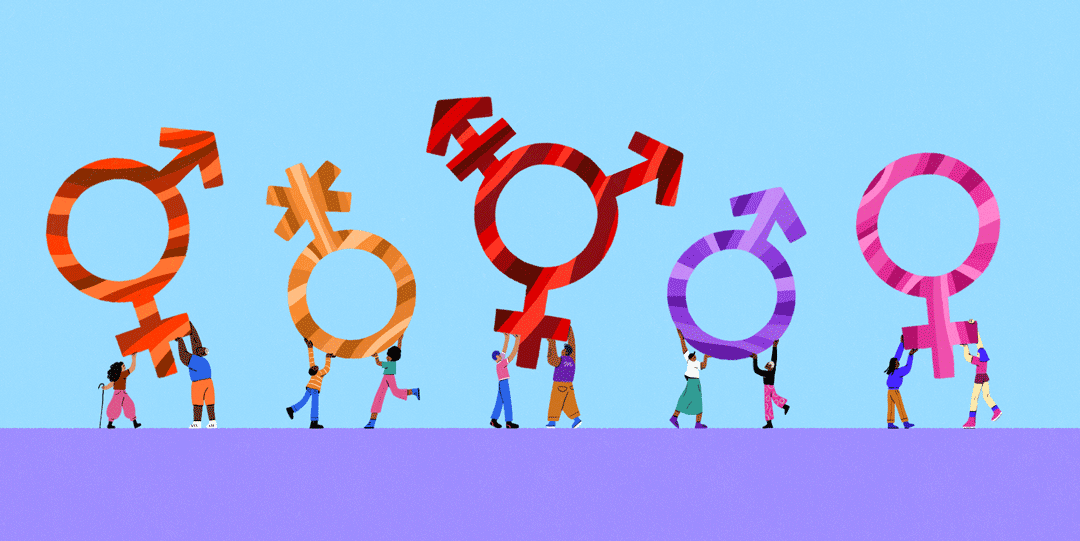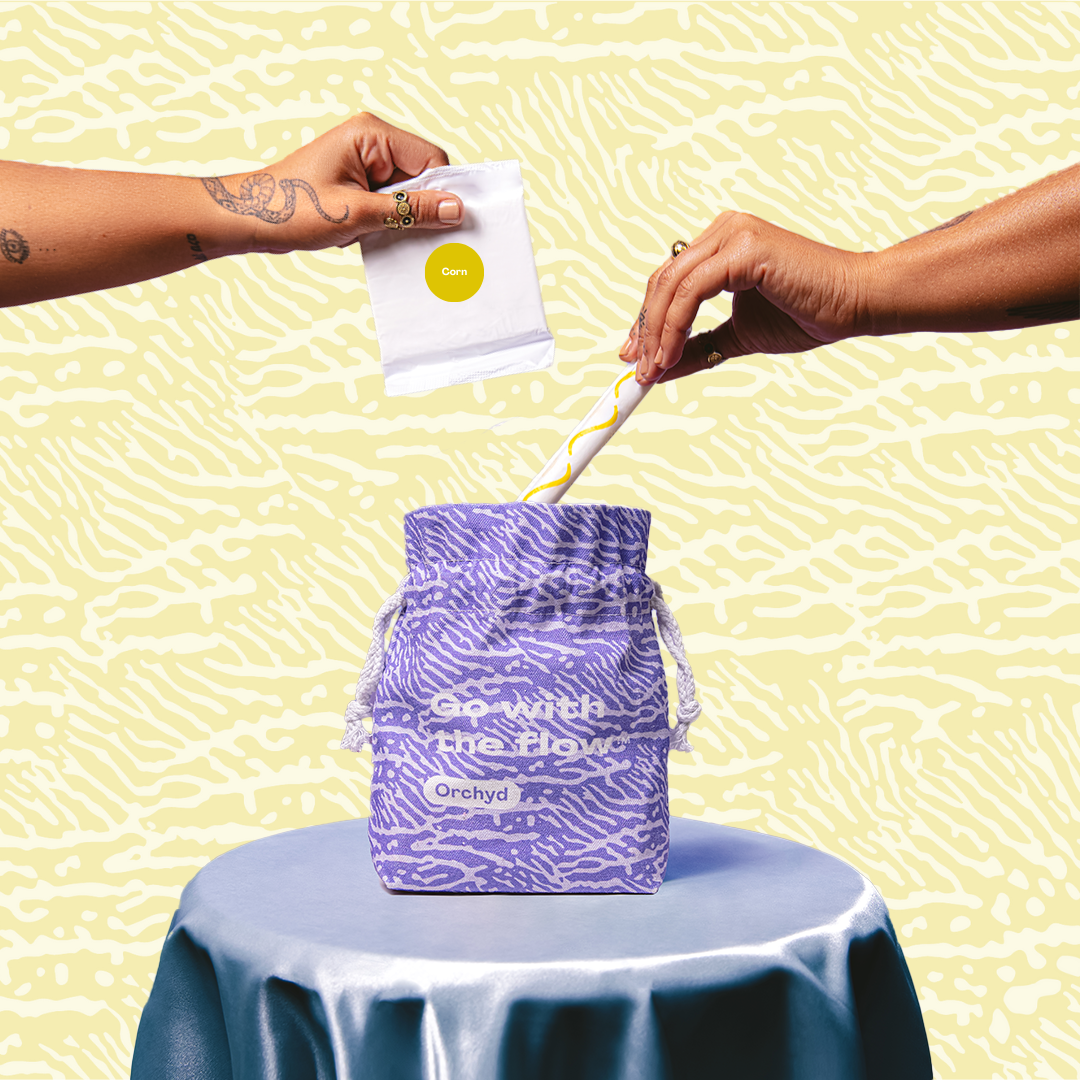
What is "Female Erasure?"
Share
Menstruation and reproductive health have not been historically gender-neutral topics. Typically, gendered rhetoric is used by major companies to advertise and discuss period products. But we now know that one doesn’t have to identify as a female to get their period—thus making the use of gendered rhetoric exclusionary by nature.
This has led to many period brands making an effort to use more inclusive language in advertisements and on product packaging. In 2019, Always announced that they would be removing the feminine Venus symbol from their packaging to acknowledge the fact that some people who menstruate, such as transgender men and nonbinary people, do not identify as women.
“For over 35 years Always has championed girls and women, and we will continue to do so,” stated the company. “We’re also committed to diversity and inclusion and are on a continual journey to understand the needs of all of our consumers.”
While many people have celebrated this move as a step in the right direction, others view it differently. Some think that this packaging change is contributing to female erasure—the radical concept that gender identity and “transgender ideology” are threats to women and contribute to the silencing of women.
These people believe that using inclusive language and ‘generalizing’ the female experience will erase the work that feminists have done to fight for equal rights.
It’s important to note that this is not a commonly held belief amongst feminists. But “TERF ideology,” which stands for the dangers of female erasure, has been a point of contention for many radical feminists. TERF stands for trans-exclusionary radical feminist. The feminist movement has historically stood for the equality of all women. But the TERF sect of feminism implies that not all people who identify as women are deserving of the same rights. This troubling and damaging belief is simply bigotry disguised as feminism.
In 2018, self-described radical feminist and lesbian Julia Beck was called upon by Republican members of the Judiciary Committee to testify against the Equality Act and the protections that it would provide to trans women. She proclaimed, “If the act passes in its current form as HR5, then every right that women have fought for will cease to exist.”
With this statement, Beck implied that equal rights for trans people would lead to female erasure. She was later ousted from the Baltimore mayor’s LGBTQ Commission because of her belief that trans women are not women.
The idea that being inclusive of trans women and nonbinary people is a threat to feminism has many logical flaws. Using inclusive language in advertisements and on period product packaging is not meant to deny or disrespect the female experience. It is simply an effort to include everyone who menstruates. It’s possible to have a uterus without identifying as a woman and Always has made it clear that their products are for those people too.
“Trans men, nonbinary and intersex people, and cis women can all experience menstruation and all it entails, including having to shop for menstrual products,” wrote Gabby Landsverk in an article for Insider.
Luckily, there are plenty of great businesses to support that use inclusive language and make products for all menstruators, regardless of their gender identity. For example, Pyramid 7, which makes boxer briefs for menstruation, describes their company as one “that creates boxer briefs for periods, not gender.” Thinx also uses inclusive language, emphasizing that their products are made “for people with periods.”
Another company, Lunette, makes a menstrual cup for people with periods and tries to use gender-inclusive language in their advertising and cleaning instructions.
“We don’t adopt slang, we talk about our body parts as exactly what they are, body parts,” said Cathy Chapman, president of Lunette North America. “Gender inclusivity is also about simply not being afraid to talk about reproductive rights and periods. The best way to help break menstruation stigmas is to include all genders in empowering conversations about why periods aren’t taboo.”
Showing your support for gender-inclusive businesses is a great way to support trans rights and equality for all. Yes, some women may feel offended at the use of “we” over “she,” but making period products welcoming to all people who have periods is not a threat to gender equality—it is actually a great step toward it.

